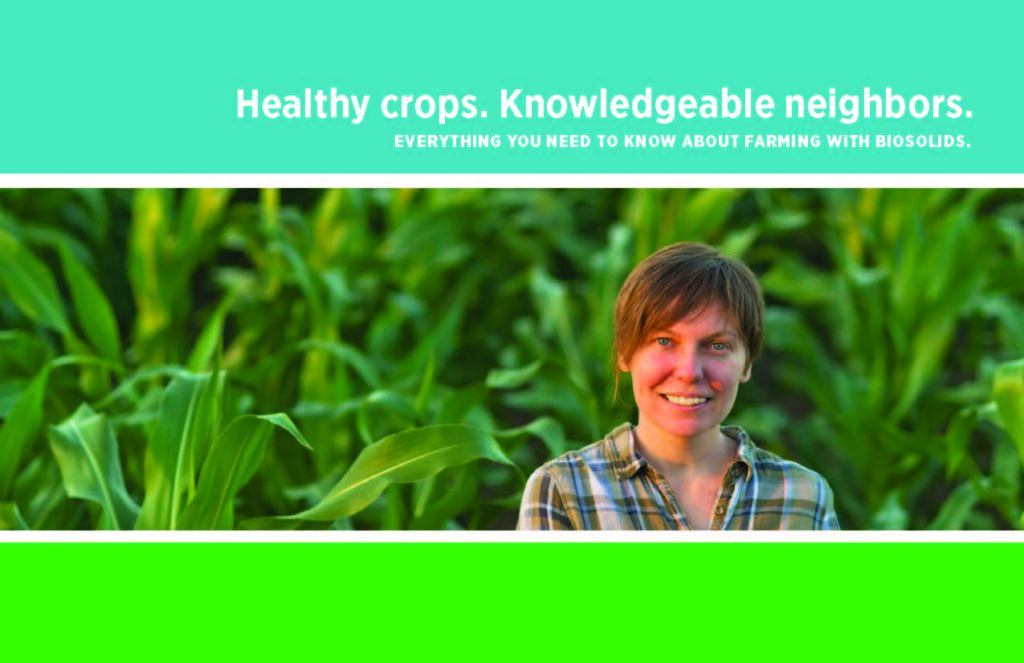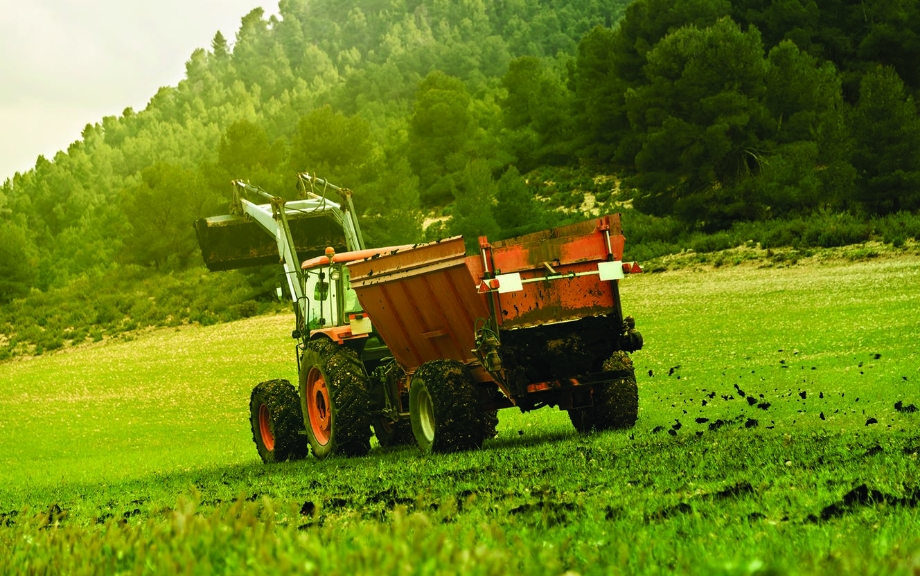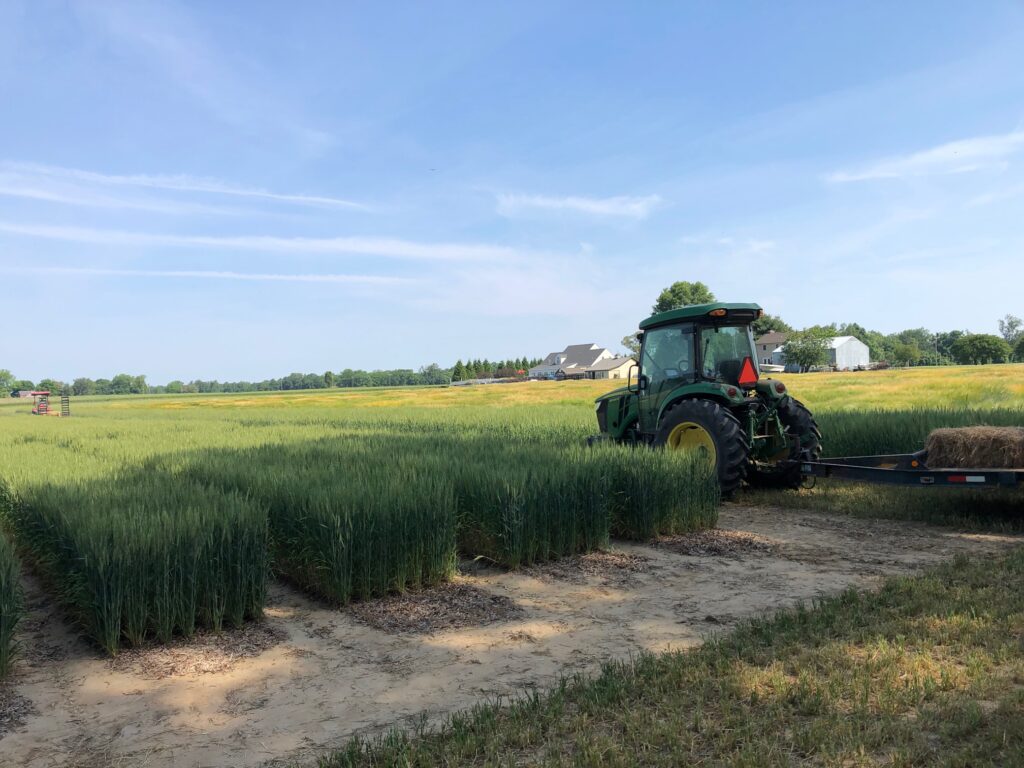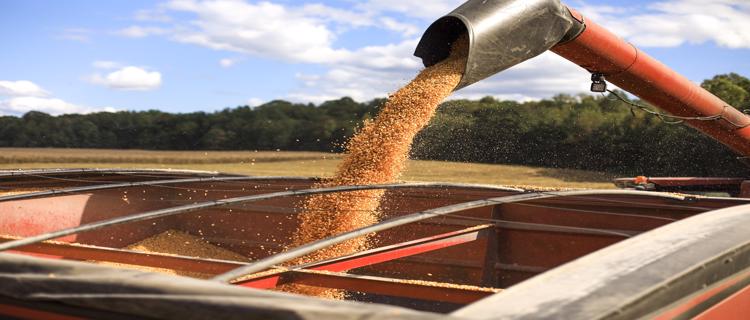An Odor Reminder – EPA’s Research
Every year when the Virginia Biosolids Council reports on its progress in its Code of Good Practice Annual Report, odor is typically, by volume, the number one complaint received by the Department of Environmental Quality. The VBC reported a total of five biosolids-related complaints in 2022. Several years ago, the U.S. EPA compiled a report on […]



